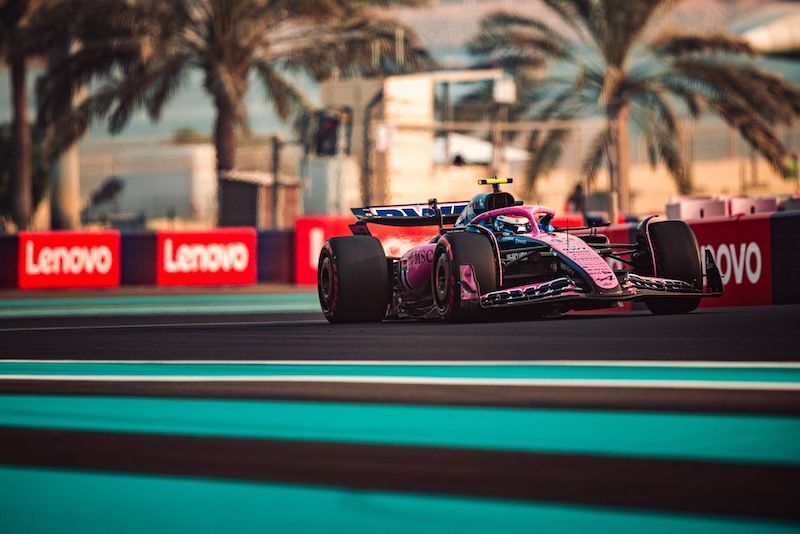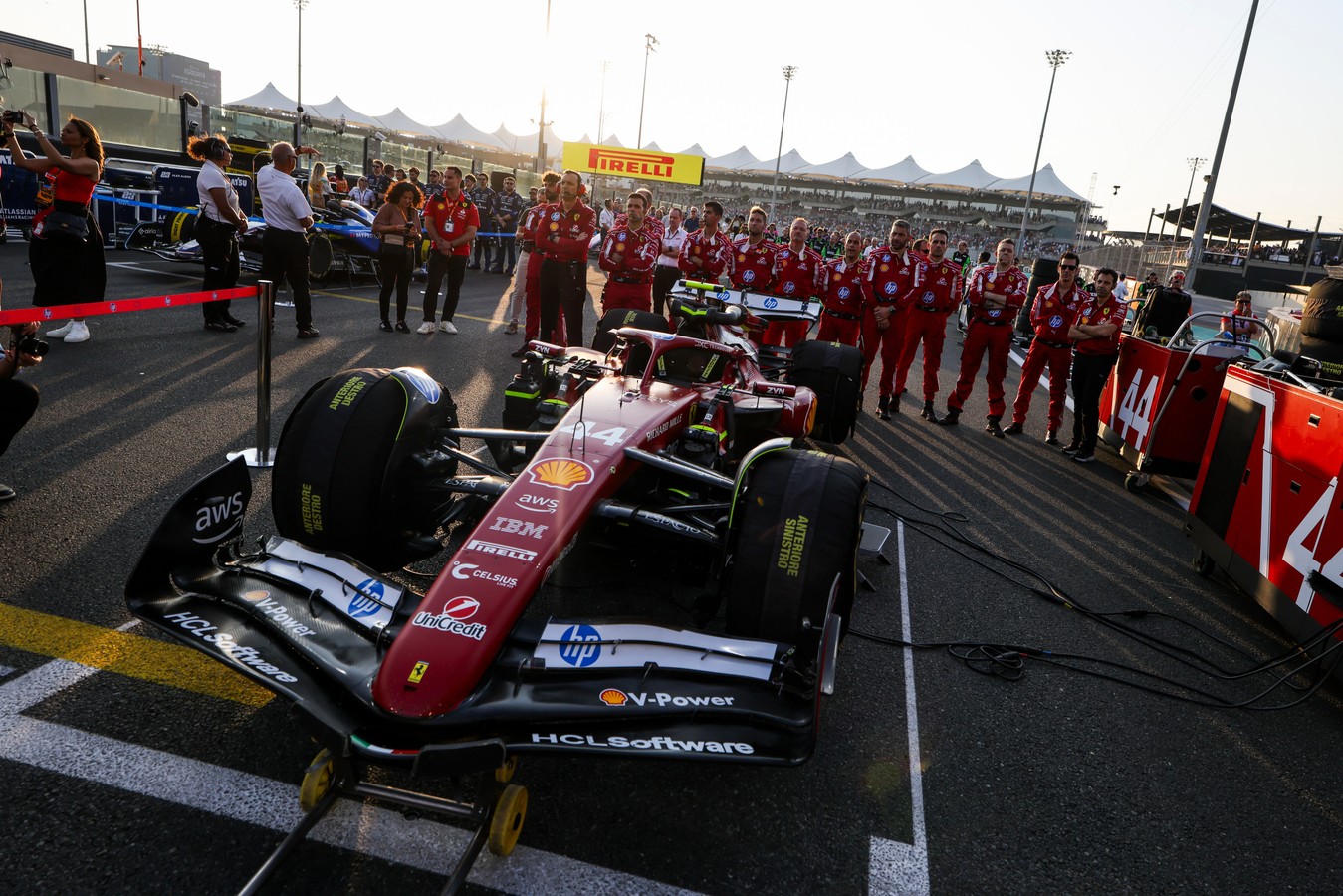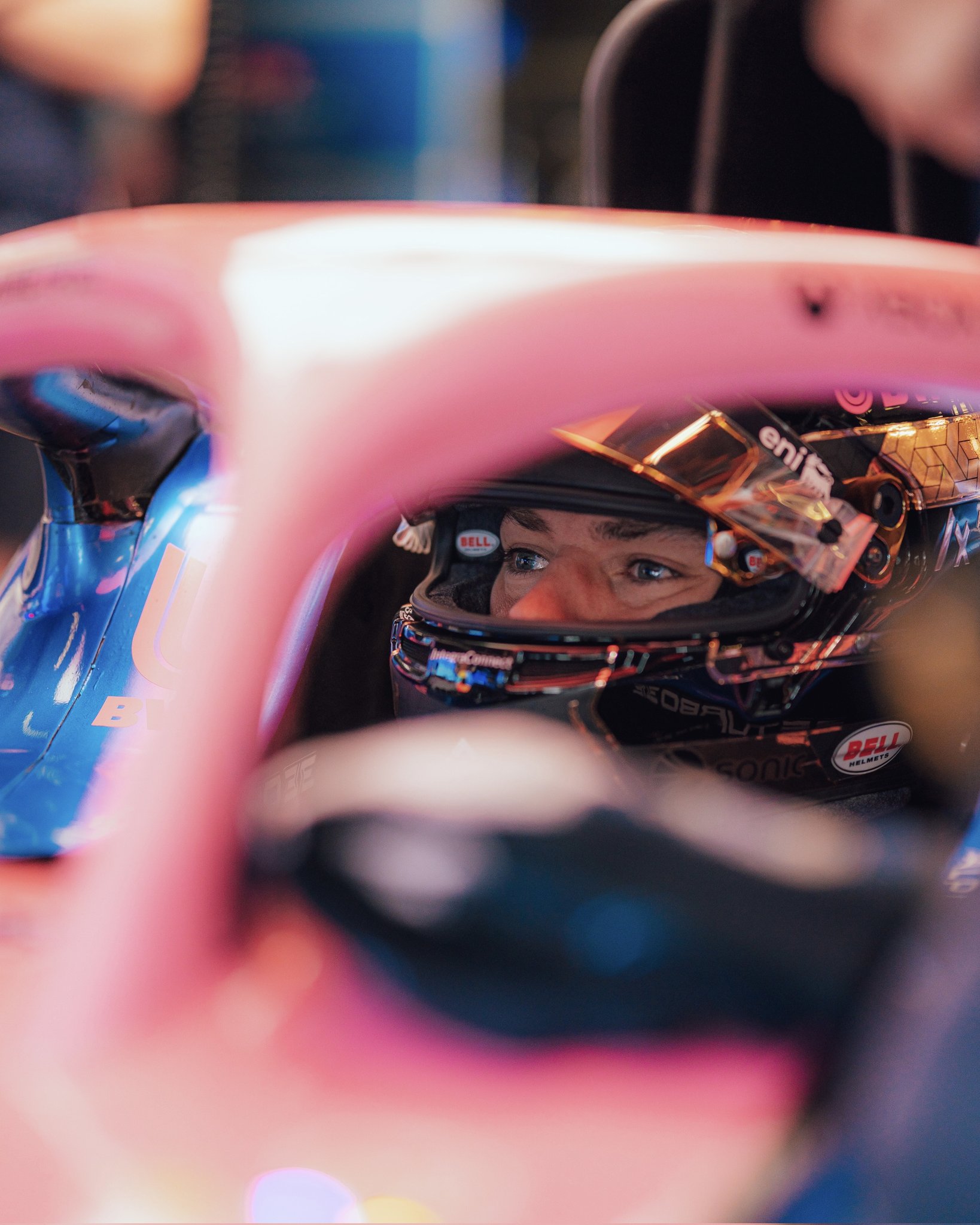In an exciting development that underscores a longstanding and fruitful partnership, Williams Racing is set to embark on a new chapter in the 2026 Formula 1 season. The renowned team has secured Mercedes-Benz as its Power Unit supplier, marking a commitment to excellence and innovation as the sport enters a new technical regulation era.
This collaboration, dating back to the hybrid era’s inception in 2014, has evolved into a robust, enduring alliance. James Vowles, Williams’ team principal, expressed his enthusiasm, stating:
“We have enjoyed a long-term partnership with Mercedes-Benz, and we are thrilled to extend this collaboration into the next era of Formula 1.”

Photo Credits: Williams Racing
“The expertise, support, and technology that Mercedes brings to the table align perfectly with our team’s aspirations in the medium and long term. This long-term agreement with Mercedes is a positive step and forms part of our objectives for the future, whilst we will still retain our design and manufacturing expertise and capabilities in-house.”
A major highlight of this collaboration is the commitment to sustainability. The upcoming engines will only run on 100% sustainable fuel, meeting strict green standards and helping cut down a lot on how much fuel we use overall.
Toto Wolff, Head of Mercedes-Benz Motorsport, expressed his delight:
“We are delighted to confirm Williams Racing as the second customer team that we will supply for the 2026 power unit regulations. Today’s news highlights the strength of the Mercedes-Benz offering in F1 and importantly not only validates but reinforces our overall motorsport strategy.”

Photo Credits: Williams Racing
“Since 2014, we have continued to build and develop our relationship with Williams. As the team continues to put the foundations in place to challenge at the front of the grid, we look forward to supporting them with our power unit supply.” Wolff concluded.
The power unit’s electrical systems will undergo a substantial upgrade for higher performance in the 2026 season, featuring a single 350 kW electric motor—almost three times more powerful than the current MGU-K. Importantly, the development of these cutting-edge power units will adhere to cost cap regulations, ensuring a level playing field for all teams when the new regulations come into force.





